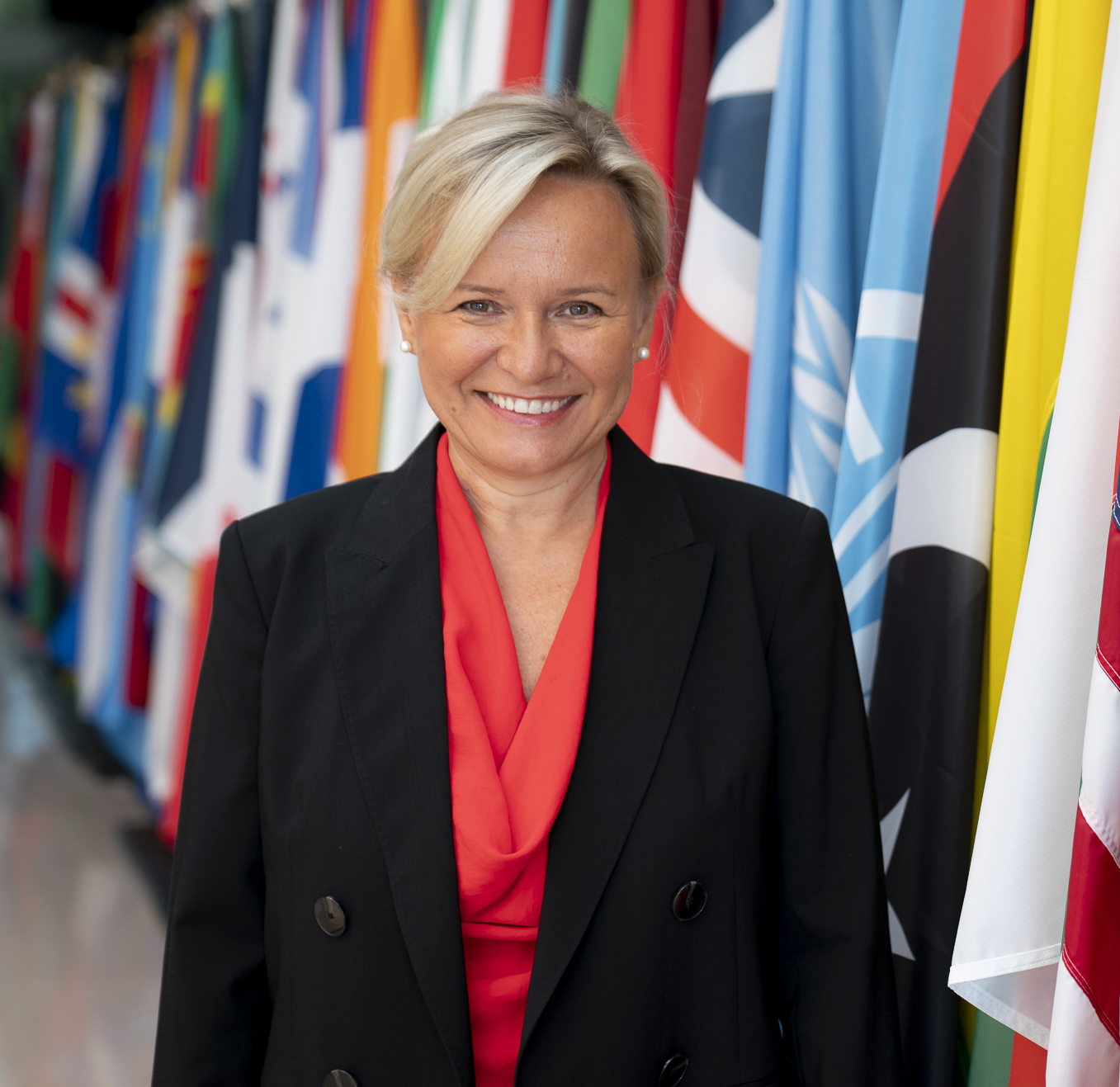Malgorzata Buszko–Briggs is a Senior Forestry Officer at the Food and Agriculture Organization of the United Nations.
The challenges facing our planet are immense – from the COVID-19 pandemic to the biodiversity and climate crises. And the clock is ticking to tackle them.
To help make a difference, communication is key. If we are to successfully reach policymakers, inform decision-making and influence people’s behavioral choices, effective communication is essential.
This is especially important when it comes to our forests. The world’s forests play a key role in protecting our planet – from mitigating climate change by acting as carbon sinks and protecting biodiversity to providing food, livelihoods, fuel, shelter and clean water. Forests are a vital part of the solutions to our current planetary crises and to meeting many of the U.N. Sustainable Development Goals.
But this message is not always heard clearly enough.
And with 68 percent of the world’s population projected to be living in cities by 2050, the need for people to connect with forests and nature will become even more important.
So how can we make ourselves heard?
First, we need to work together through partnerships to amplify coherent messaging on the role of forests in transformational change towards sustainable development pathways. Forest communicators around the world can and should join forces to highlight crucial issues such as climate change, conservation and sustainable forest management, and unite behind the same messages in order to influence policymakers and the general public.
Second, we need to train people working in and around the forest sector across the world to be able to formulate powerful key messages, speak to the media and use social media effectively.
And third, as future guardians of the world’s forests, young people in particular need to be empowered to speak out.
This week, the International Union for Conservation of Nature (IUCN) and the Food and Agriculture Organization of the United Nations (FAO) have joined forces to train a group of young people aged 18 to 25 to become new youth champions for conservation and forests, on the sidelines of the IUCN World Conservation Congress in Marseilles.
The young people from 12 countries applied by filming 90-second videos explaining why they are passionate about nature and forests and how they will use their new skills to make a difference.
At the three-day bootcamp, they are learning how to communicate persuasively on topics like climate change and conservation, with a special focus on the role of forests in our lives.
They are also receiving hands-on training from the Regional Forest Communicators Networks on how to craft powerful messages that resonate with policy makers, the general public, and other young people.
This cohort of young champions will take their new skills to their own countries and regions and inspire action among their peers.
With support from Austria, Finland and Germany, FAO has been working to promote forests through the Regional Forest Communicators Networks, which now comprise over 500 forest communicators across five regions. The idea behind the networks is simple: to enhance forest advocacy by encouraging forest communicators around the world to use innovative communication approaches, to provide training to increase communications capacity, and to learn from each other.
To tackle our planetary crises, we need to use every tool in the box. And the first tool we need to be reaching for is communication.
We want you to share Forests News content, which is licensed under Creative Commons Attribution-NonCommercial-ShareAlike 4.0 International (CC BY-NC-SA 4.0). This means you are free to redistribute our material for non-commercial purposes. All we ask is that you give Forests News appropriate credit and link to the original Forests News content, indicate if changes were made, and distribute your contributions under the same Creative Commons license. You must notify Forests News if you repost, reprint or reuse our materials by contacting forestsnews@cifor-icraf.org.













